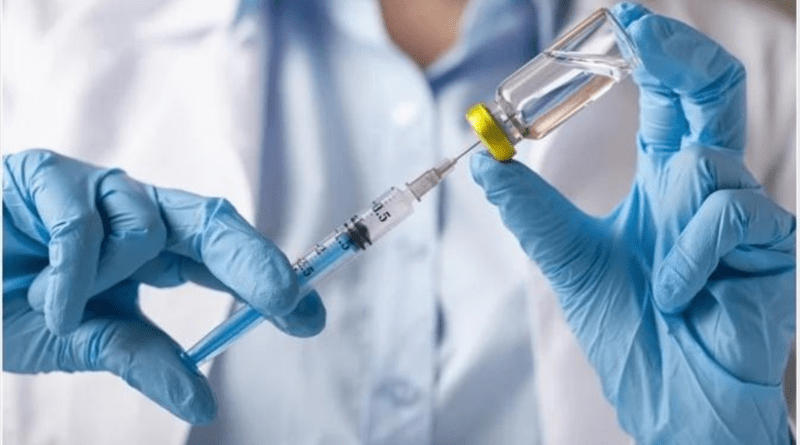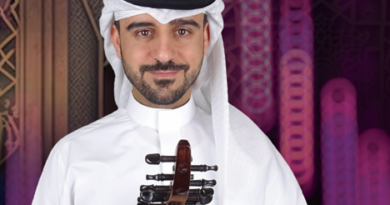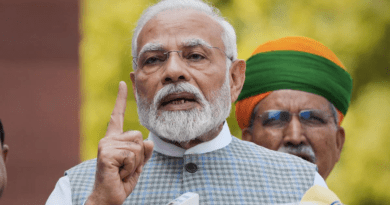See The Helpful Ground-breaking And Thrilling Cancer Vaccine Trial
Following a partnership between scientists and doctors in the United Kingdom and Australia, a British Indian doctor is the chief investigator of a “ground-breaking” vaccine experiment to treat early bowel cancer in patients globally.
Dr. Tony Dhillon, a consultant medical oncologist at the Royal Surrey NHS Foundation Trust, proposed the trial concept and has been working with Professor Tim Price in Australia for the past four years to create the vaccine.

The Cancer Research UK Southampton Clinical Trials Unit at the University of Southampton, in cooperation with Royal Surrey and Queen Elizabeth Hospital in Adelaide, Australia, will perform the trial, which was recently revealed.
“This is the first therapeutic vaccination for any gastrointestinal cancer, and we are optimistic that it will be extremely successful. We believe that for many patients, the cancer will be fully eradicated following this treatment,” said Dr. Dhillon.
The Cancer Research UK Southampton Clinical Trials Unit at the University of Southampton, in cooperation with Royal Surrey and Queen Elizabeth Hospital in Adelaide, Australia, will perform the trial, which was recently revealed.
“This is the first therapeutic vaccination for any gastrointestinal cancer, and we are optimistic that it will be extremely successful. We believe that for many patients, the cancer will be fully eradicated following this treatment,” said Dr. Dhillon.
The vaccine will be administered to patients prior to surgery in the hopes that it may prompt the body to attack the malignancy. This means that any surgery would be less invasive. It is also hoped that the vaccine’s potency will enable the immune system to respond if the cancer recurs.
“We are really proud to have participated in the launch of this groundbreaking new vaccination. As the UK’s fourth-largest cancer centre, helping to combat cancer is an important part of what we do, said Louise Stead, Chief Executive of the Royal Surrey Foundation Trust.
Patients will have an endoscopy, and a tissue sample will be analysed to determine whether they are eligible for the research. If so, they will receive three doses of the vaccine prior to surgery to remove the cancer.
The trial will only be available to 44 people worldwide. After the experiment is completed, the vaccine will be either licenced for use or, if effective, a larger study will be conducted.
Bowel cancer, commonly known as colon cancer, is the third most frequent cancer in the world, with over 1.2 million cases diagnosed each year and a fatality rate of over 50%. Colon cancer is characterised by cell proliferation that begins in the colon, a section of the large intestine. The colon is the first and longest segment of the large intestine. The large intestine is the final component of the digestive system. The digestive system breaks down food for the body’s purpose.
Colon cancer primarily affects elderly people, but it can occur at any age. It usually starts with tiny collections of cells called polyps that grow inside the colon. Polyps are often not malignant, although some can develop into colon cancer over time.




